Episode Summary
We gathered in Oxford to ask: Is a fossil free food system possible? 3 panelists: a farmer, an economist and biodiversity researcher, shared their expert perspectives. What technologies are on the horizon? What uncertainties do they bring? Is it better to farm differently, plug in better tech, restrain environmentally damaging practices of food and agribusinesses, or all of the above?
About the Experts
Helen Browning is a British organic farmer and Chief Executive of the Soil Association, the UK’s leading charity for organic farming and healthy food systems. Helen has been an advocate for sustainable agriculture for decades, managing her own organic farm in Wiltshire, where she raises cattle, pigs, and sheep.
Rupert Simons leads for Systemiq’s Nature-Food team in Europe. He directs engagements with major food and agribusiness companies aimed at supporting transitions to net zero and nature positive business models. In addition to advising companies individually Rupert has also led Systemiq teams supporting collective action on regenerative agriculture (Regen10), reducing fertilizer emissions (with the International Fertilizer Association) and decarbonizing the dairy sector (with the Food Collective).
Emile Frison is a member and founder of the IPES-Food panel, a senior advisor to the Agroecology Coalition, and an expert on agroecology and agricultural biodiversity who has headed global research-for-development organisation Bioversity International for ten years, after holding top positions at several global research institutes.
References and Recommended Resources
Soil Association Carbon Certification Schemes
Making Mission Possible – the energy plan for the net-zero economy (SystemIQ and Energy Trade Commission, 2020)
Green public procurement in Copenhagen’s public kitchens (IFOAM, 2022)
Institutional Procurement of food from smallholder farmers - The Case of Brazil (FAO, 2015)


